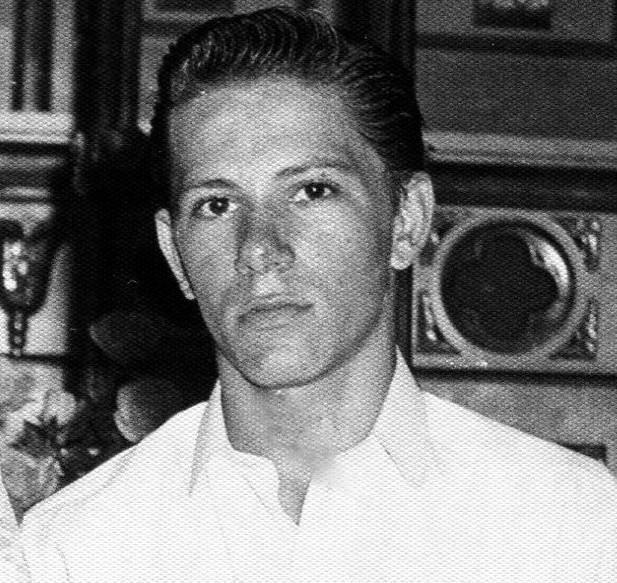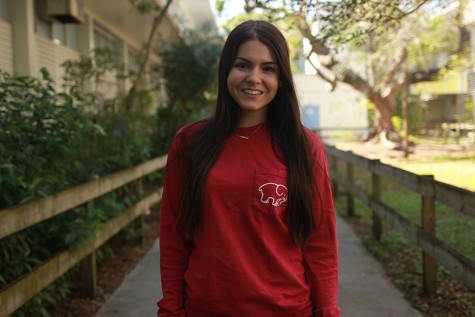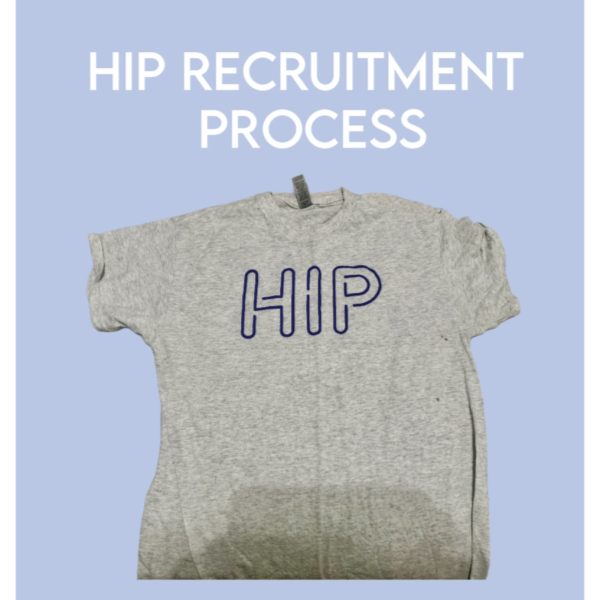Obama in Cuba: from the perspective of a Cuban-American
April 28, 2016
President Obama’s recent trip to Cuba stirred controversy throughout the nation, especially in Miami– a city with a large Cuban population. Many Miami residents, including my family, immigrated during the time of the Cuban Revolution, leaving their hearts imprinted with memories of leaving everything behind to come to a new country. These Cuban-Americans were willing to leave their families, money and homes for the opportunity to create their own lives in a nation free from communism. My grandfather, Salvador Miret, not only attempted to help free Cuba, but he overcame many challenges in order to live a prosperous life in the United States.
The Panther: How do you feel about the current situation in Cuba?
Salvador Miret: It is a cause of great sadness to see how every time the Cuban dictatorship is in a weakened position, outside forces intervene to bail them out. It is my firm belief that without those interventions they would have had to change their ways or been overthrown by the people.
First it was the Soviet Union, for many years the Soviets dumped billions into the Cuban economy. Of course there was a price to pay; Soviet army and Naval bases, a huge intelligence gathering complex in Havana, sharing of foreign intelligence between all their embassies and to top it all Cuban troops were used as instruments of communist takeover in Angola and throughout southern Africa, the Soviets supplied the weapons and the Cubans were paid $1,000 per soldier by the Angolan communists for the more than 50,000 troops. Many of those young Cubans died in those wars but little is known by the general public about that.
After the collapse of the Soviet Union came Venezuela, supplying huge amounts of oil in exchange for the slave services of Cuban doctors. Cuba not only used the oil for its own consumption but also resold to other Caribbean nations. They are also renting doctors to Brazil and other nations.t should be noted that the host country pays the Cuban government and the doctors get at most 10 percent of the money.
Now, when the Venezuelan government is on the brink of failing as a result of its own policies and can no longer help the Castro dynasty, comes the Unites States president to the rescue, issuing executive orders to eliminate sections of the Cuban Democracy Act which is the” law of the land” as politicians like to say, and providing the Castros with tourist dollars and very soon aid in the form of credits to their suppliers from the US Export Import Bank (money that will never be paid by Cuba but by you and me, the American tax-payer).
TP: Do you think that the United States should interfere?
SM: All the US should do is obey its own laws, and offer the Cuban government the incentives listed in the CDA in exchange for basic human rights: freedom of expression, free elections, freedom for political prisoners, etc. Reading of this law should be the very first source of information to anyone wishing to understand the conditions for lifting the embargo.
TP: What are your thoughts regarding Obama’s visit?
SM: Giving him the benefit of the doubt, he is either very naïve or he is just trying to cement his place in history as the president who ended the enmity between the two countries, although Obama, as many leftists do, views the so called Cuban revolution through the biased lens of his upbringing and deep inside probably sympathizes with the system and wishes it would be more benign and therefore he ignores its horrors.
I should point out that several US presidents including Carter, Reagan and Clinton have tried to accomplish this only to be rebuked by the actions of the Cuban government, let’s see how long it will be until the US government decides that this initiative has failed.
TP: Why do you hold personal opposition?
SM: Quoting Thomas Jefferson: “I have sworn upon the altar of God, eternal hostility against every form of tyranny over the mind of man” How can you not oppose a dictatorship in your country of birth?
TP: What was it like living during the beginning of Castro’s power?
SM: At first there was a great surge of hope for the future of the country. Every sector of society cooperated with the new government in the expectation that it would work towards democracy and for the benefit of the people.
Instead little by little things got progressively worse. Executions continued week after week. Summary trials that were nothing but show trials. Soon prominent members of the revolution began to question the increasing influence of communists in the government (it should be noted that the communist party constituted an extremely minimal percentage of the population and had not participated in the fight against Batista). Depending on their importance the dissenters were arrested, fired, or ignored, some fearing the government’s reprisal went into exile, they included members of the revolutionary cabinet, the armed forces, even the President that had been appointed by Castro himself…
When the religious community tried to raise objections, they were accused of being counterrevolutionaries. Mobs would congregate outside churches insulting those inside. Eventually the promise to hold elections in 18 months was broken. Castro said that the people had spoken and there was no need for elections. Very early in the second year of the revolution Cuba had become a police state.
TP: How has your life been affected by communism in Cuba (long term)?
SM: I was fortunate to begin my exile at a young age. My parent’s generation had a much tougher challenge– rich and poor they all had to leave their homes, their belongings and their stability. They began to reconstruct their lives again having in the most cases to learn a new language, and take whatever jobs were available.
In my case, thanks to God, to this great country which is now my own and to the generosity of its people I was able to complete my education, met a wonderful woman who is now my wife of fifty years, had a successful career and founded a beautiful and loving family.









